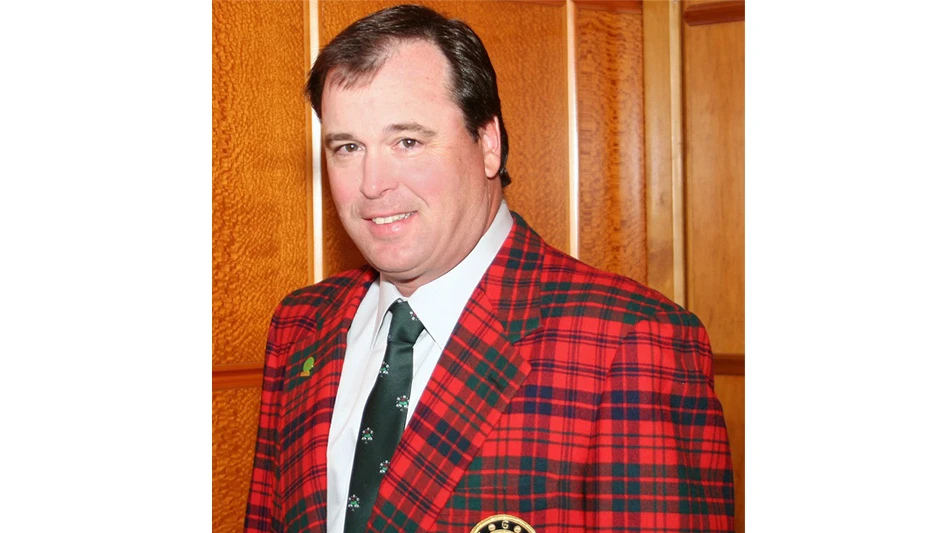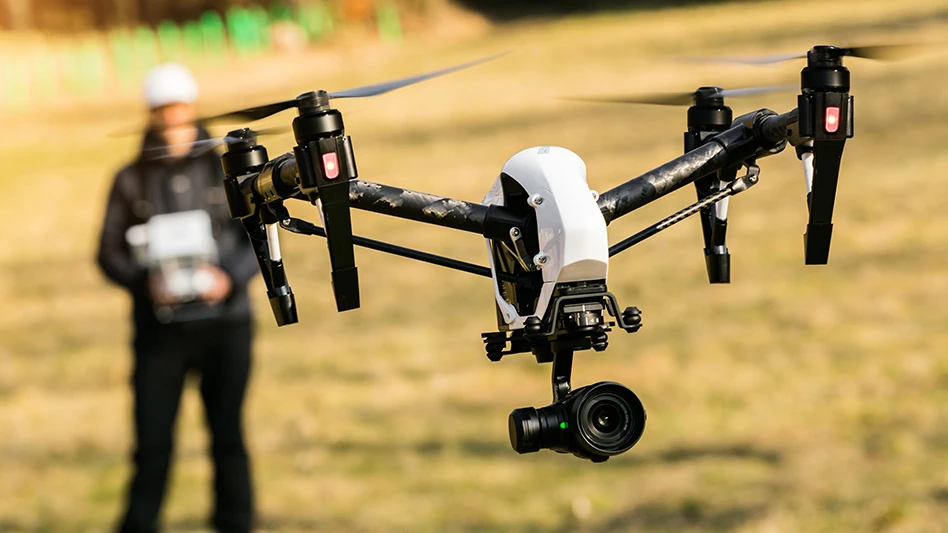 Henry DeLozier |
It is knowledge when we learn that a tomato is a fruit and not a vegetable. It is wisdom when we know not to put a tomato in the fruit salad. Knowledge provides us facts, data and general information. Wisdom indicates the ability to put information to work for desired outcomes. With the annual launch of golf’s “show season,” PGA professionals, course owners, designers, builders, managers and superintendents renew their quest for both knowledge and wisdom. Whatever challenge or opportunity is foremost on your mind this show season, here are suggestions for increasing knowledge and converting it to wisdom. Acquiring Knowledge, Step by StepIn 1936, in his book titled “You Can Do Anything,” self-help author James T. Mangan identified multiple ways to acquire knowledge. Those lessons — refreshed from a golf and club perspective — bear repeating as we get ready to hit the show aisles and education sessions. Practice. More than one great golfer has said, “The more I practice, the luckier I get!” Knowledge — like luck — is earned and requires constant effort. Attending your association’s events is good knowledge practice. Ask. Children learn and collect information so readily because they constantly ask questions. Adopt the same habit at trade shows. The people in the booths and running education sessions like nothing better than for you to ask them about their products or points of view. Desire. Desire sorts those who have good intentions from those who will have a good year. If you go to an event with the desire to learn and improve, you will. Look Inward. The journey toward wisdom begins when you realize that knowledge seldom comes in a ready-to-use application that can be downloaded to a smartphone. Knowledge is what you add to the years of experience you already have. Walk Around It. It often helps to walk around a complicated or confusing subject, sizing it up and taking the measure and characteristics of the challenge. That’s exactly what our industry events allow us to do: collect information, gain a broad perspective and make informed decisions. Experiment. Hiding behind golf’s “tradition” is code for “I’m not willing to consider a better way.” Innovation and creativity — the traits we’re often told we need to embrace — start with simple experiments and asking the question: “What if …” Teach. The shows are filled with people who have less experience than you. Take a minute to share. I bet you can remember when someone did the same for you. Read. Read widely and interpret solutions from other fields and professional disciplines. Apply proven solutions being written about in other businesses. Write. The act of recording ideas in writing engages multiple layers of the brain and embeds information in our mental libraries. If you write things down — in a standard journal or even in the notes section on your phone — you are creating an archive of knowledge. Listen. Stephen Covey tells the story of the “talking stick,” which was a practice used by native peoples to manage fireside councils and discussions. Only the person holding the talking stick could speak at the council fire; others were obliged to listen, ask questions and think. Listening is the net into which knowledge gathers. Observe. Observe the actions of successful people. Also observe those who lose the game or the discussion. Learn from both. Define. One of the first steps for the learned philosophers is to define what something is and what it is not. Apply this practice to your industry event by precisely defining your key objectives for the trip. Reason. One of the toughest elements of “show season” is the overwhelming volume of information, data and opinion offered by dedicated and well-meaning speakers. Do your own thinking and evaluate what you hear and observe to formulate your own understanding. Then, validate your thoughts with people who have knowledge, perspective and understanding. Improving WisdomWisdom is the sum total of the mistakes we have made from which we have learned something valuable. Three certain ways to improve wisdom are:
For many people in the business segments who are touched by golf, 2015 will be a breakout year. Those will be the people who have been aggressive collectors of knowledge en route to finding wisdom.
Henry DeLozier is a principal in the Global Golf Advisors consultancy. DeLozier joined Global Golf Advisors in 2008 after nine years as the vice president of golf for Pulte Homes. He is a past president of the National Golf Course Owners Association’s board of directors and serves on the PGA of America’s Employers Advisory Council. |

Explore the January 2015 Issue
Check out more from this issue and find your next story to read.
Latest from Golf Course Industry
- Tubac’s Rancho 9 re-opens after greens renovation
- Future Leaders Academy set for Jan. 23 in suburban Pittsburgh
- 54, Turfgrass set to manage Druids Glen, Curracloe Links
- Nufarm introducing new products in San Diego
- Envu Superintendent Grant Program sending 10 members to 2025 GCSAA show
- Editor’s notebook: Let’s chat about AI
- Wonderful Women of Golf 43: Melissa Gugliotti
- This month on Superintendent Radio Network: December 2024





